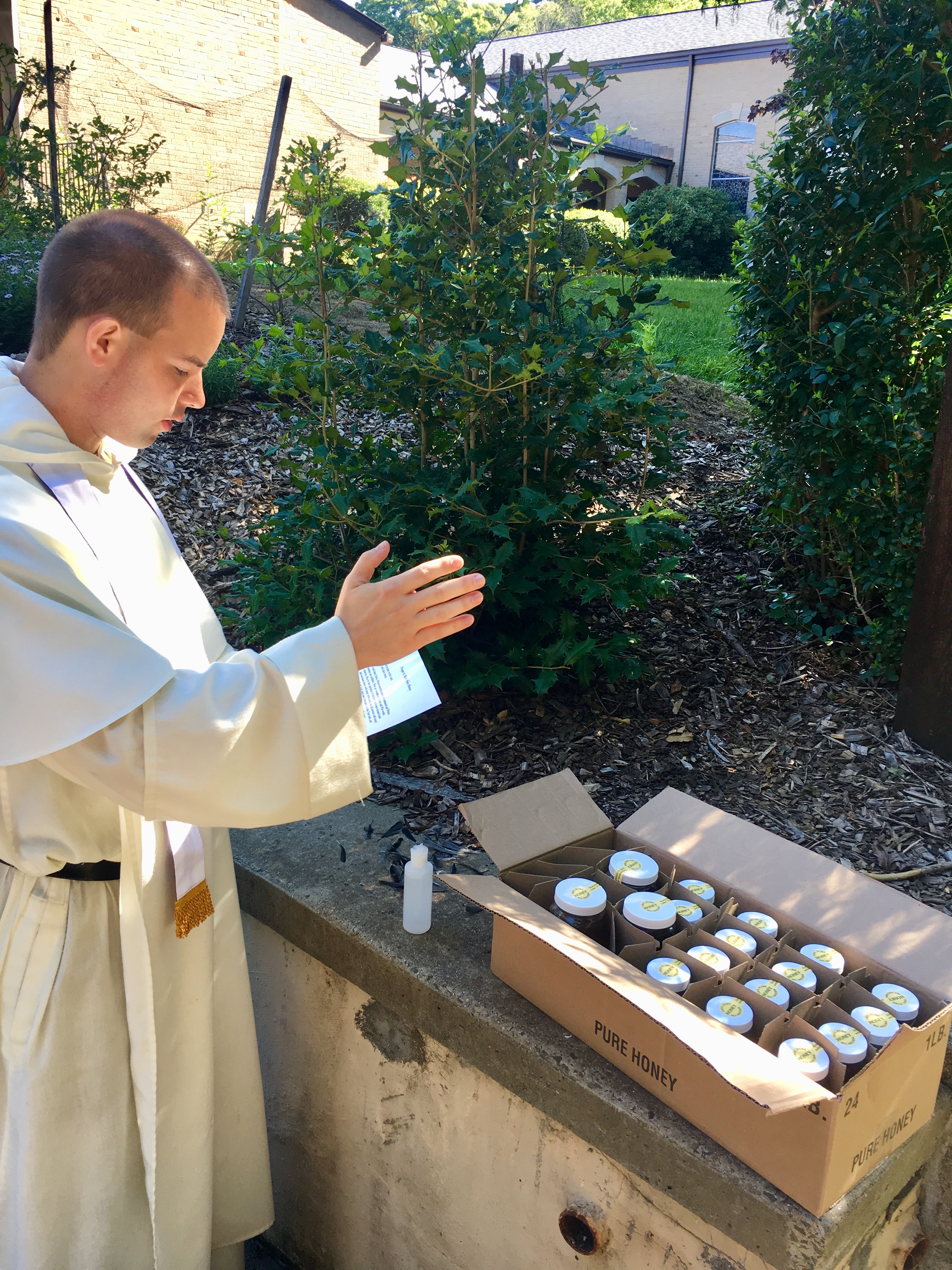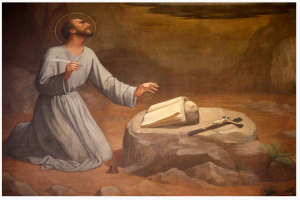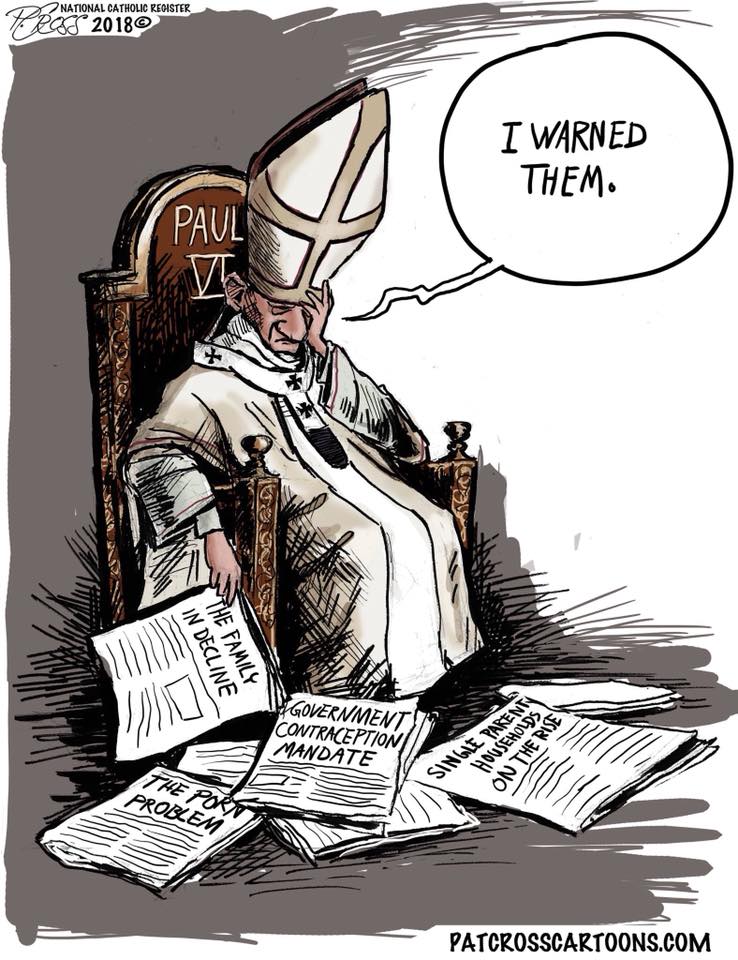 The Church, East and West, liturgically honor St Mary Magdalene. She often bears the titles of “The holy myrrhbearer”, “equal of the apostles” and as scripture shows, she was “apostle to the apostles.” These titles give a deeper perspective on this woman called by Jesus.
The Church, East and West, liturgically honor St Mary Magdalene. She often bears the titles of “The holy myrrhbearer”, “equal of the apostles” and as scripture shows, she was “apostle to the apostles.” These titles give a deeper perspective on this woman called by Jesus.
The Byzantine Liturgy sings this kondakion for the feast:
Today, let us sing a special hymn in honor of that friend of the Lord who was the first to anoint him in death. Let us praise Mary Magdalen for being the messenger of joy for his disciples, and let us fall before the Lord himself, filled with wonder, that he should lavish on the world such a fountain of grace.
Scripture reveals Mary’s life as a devoted follower of Christ whose loyalty remained firm when even the faith of the other twelve apostles wavered.
As the monks of New Skete say in their hagiography of Mary, “The Church gives Mary Magdalene special honor as the most faithful companion of Jesus as she was at the foot of the cross when he was crucified, and was the first to witness his resurrection. Her encounter with Christ on her way to perform the funeral anointing, as recorded by John, earned her an apostles’ task, for it was she who was commissioned to tell the other apostles that Christ had risen.”
Keeping a perspective on today’s feast, it was Pope Francis who raised the level of liturgical remembrance from a memorial to a feast. The Pope, aligning himself with established tradition, names Mary Magdalene “Apostolorum Apostola” (Apostle of the Apostles). Keeping in line with his year of Mercy Francis gives Mary as a witness of mercy. It was said that St Mary Magdalene’s feast day is a call for all Christians to “reflect more deeply on the dignity of women.” In the Western liturgical tradition of the Church, most liturgical celebrations of particular saints are formally identified as memorials and those classified as feasts are reserved for key events in Christian history; saints of particular closeness to the Lord, the liturgical days like the Twelve Apostles are known as feasts. Hence, as equal to the Apostles is honored with a feast day not merely as a memorial.
Of the religious orders in the Western Church, the Order of Friars Preachers, has St Mary Magdalene as one of the patronesses of the Order (the other is St Catherine of Alexandria). It was Blessed Humbert of Romans, second Master of the Order after St. Dominic who wrote, “After Magdalene was converted to penitence the Lord bestowed such great grace upon her that after the Blessed Virgin no woman could be found to whom greater reverence should be shown in this world and greater glory in heaven.”
Why make much of St Mary Magdalene? For several reasons. In light of the Dominicans, the Order of Preachers, where we find several expressions of the Dominican vocation which complement the friar-priests, that is, there are brothers, nuns, sisters and laity –I think today she shows us that to be a preacher of the Good News of Jesus Christ a woman (or a layman) need not be a priest. The ministerial priesthood is now being questioned or revised herein. We have in our ecclesiology the priesthood of baptized, or it is called the global priesthood. The second reason I will give: do not underestimate the power and necessity of the witness one gives with the manner of life, our words AND our actions. Third, it is important to recall with intensity who was the first to proclaim the Good News of the Resurrection. God in His wisdom gave us Mary to draw our attention to the miracle of the conquering of death by death itself. Finally, Mary Magdalen is important because the Church esteems her as a model of how repentance opens us up to the grace of Jesus’ mercy and her ability to lead others to Christ. In short: there is always a need for God’s forgiveness known in the Sacrament of Confession.
 There is nothing on Earth, higher, greater or more holy than the divine liturgy, nothing more solemn, nothing more life-giving.
There is nothing on Earth, higher, greater or more holy than the divine liturgy, nothing more solemn, nothing more life-giving.






